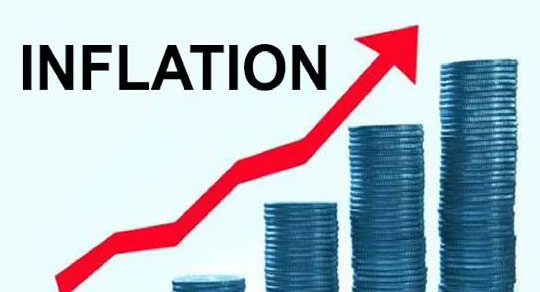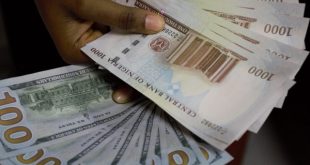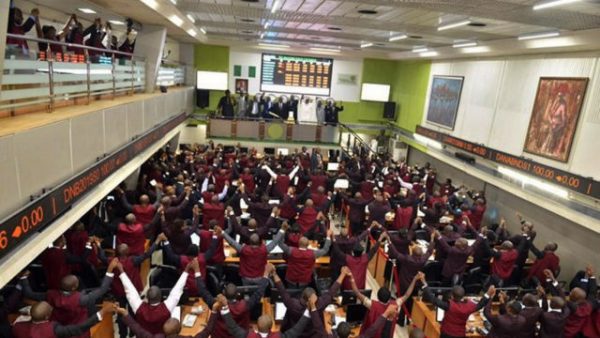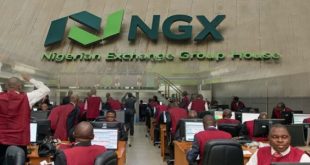
The Director-General of Nigeria Employers’ Consultative Association, Mr Adewale Oyerinde, has said that the disposable income of an average Nigerian worker has been severely affected by the high rate of inflation in the country, fuelling economic struggles among them.
He stated this during an interview with media in Lagos recently.

He said, “The pervasive impact of inflation on the disposable income of the average worker underscores a broader economic challenge that demands urgent attention. As prices continue to surge, the real value of wages diminishes, effectively reducing the purchasing power of individuals who are already grappling with the escalating cost of living. The strain on businesses, in turn, hampers their ability to contribute positively to the economic ecosystem.
“This intricate web of economic challenges calls for a multifaceted approach that involves not only addressing inflation through sound monetary policies but also fostering a business environment that prioritises the well-being of its workforce and meets its broader societal obligations.”

The country’s inflation accelerated to a 27-year high of 28.92 per cent in December from 28.20 per cent in the previous month, according to the National Bureau of Statistics.
He noted that while the demand for labour for a pay rise was legitimate, the challenge had been the way and manner those agitations were pursued.
“The organised private sector does not receive allocations from the government. For instance, during COVID, many of the civil servants from level one to 12 or 14 did not go to work and were not provided with the infrastructure to work from home, but the government survived,” he pointed out.
Oyerinde explained that was not the case for the private sector, employees usually receive their pay every 30 days.
 MMS PLUS NG – Maritime, Aviation, Business, Oil and Gas News Online Newspaper with coverage in Maritime, Oil and Gas, Aviation, Power and Energy as well as Financial News
MMS PLUS NG – Maritime, Aviation, Business, Oil and Gas News Online Newspaper with coverage in Maritime, Oil and Gas, Aviation, Power and Energy as well as Financial News









